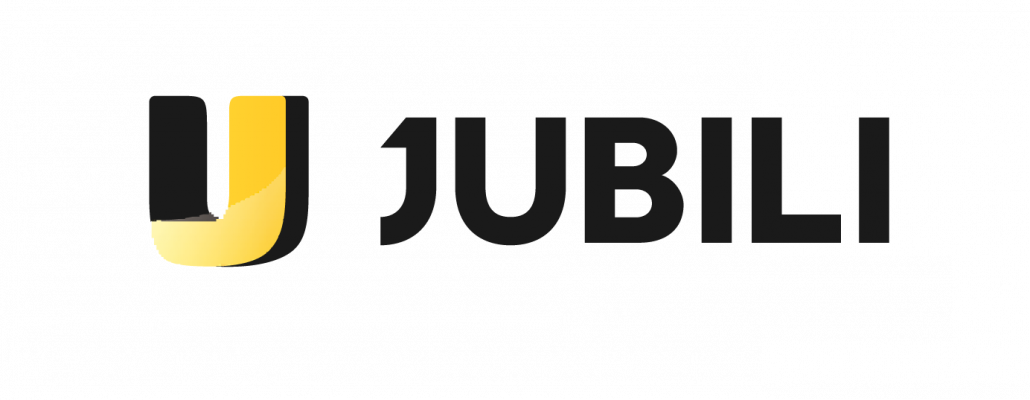What’s salesforce automation (SFA)?
Sales Force Automation, which is also known as SFA is the sales management software tools. SFA creates a simplified sales process by automating operations that handle sales forecasts, business leads, and overall team performance. You can also call SFA as Salesforce Management. Continue to read and we will share additional information about Sales Force Automation with you. Based on these facts, you can take the right decision to get the most out of Sales Force Automation.
What exactly is Sales Force Automation?
The key aspects of an SFA system, which are used by successful sales teams, are opportunity management and contact management, as well as task management, email integration, and diary sharing. Contact management software allows you to keep track of your contacts with clients and create a comprehensive record of your interactions, activities, and sales. Task Management software is often included in contact management systems and allows you to establish reminders, or tasks to follow up on sales leads on a certain date.
From the first enquiry to the final transaction, pipeline management software keeps track of sales leads. It allows you to watch each sales opportunity as it progresses throughout your pipeline, with probability grading and forecasts applied.
SFA is frequently a component of a customer relationship management (CRM) software that tracks all phases of the sales process automatically. The aim is to keep account of every contact a client has had, as well as the reason for the interaction and any follow-up which may be required. Phone conversations, emails, and meetings are examples of this. Because you’ll have this knowledge at your disposal, you’ll be less likely to irritate your consumers because your sales attempts won’t be replicated.
Exploring the processes of Salesforce management
- Task Management
When you add a task or a reminder inside a customer’s account using SFA task management, it syncs with your calendar. As a result, when you open the job, you’ll have all of the customer’s information and previous conversations in front of you. The job is immediately added to the account record as it is done, establishing a comprehensive history of all interactions.
- Sales Force Collaboration
Along with advent of cloud technology, automation has grown into its own. By using your web browser to access the CRM system, you may access the data from anywhere and view the most recent modifications. At any one moment, numerous individuals may access and change a customer’s account, establishing a central center for your company.
This is especially helpful if you have a distributed staff. Salespeople who work from anywhere have access to the same information that their colleagues in the office. Because everything is updated in real-time, there is no need to synchronize the data.
- Integration of Cloud Apps
Cloud computing has provided a slew of benefits, many of which have helped small enterprises in particular. It is not only inexpensive, but it also allows you to link your numerous different systems. Cloud integration allows you to automate the movement of data across your various systems, improving efficiency and production.
You may develop workflows for various manual operations in addition to automating your sales procedures.
- Customization
Automation may be tailored to represent the procedures of a certain company. It may be used on computers or cellphones, and it can have a unique design. For example, pharmaceutical sales agents or the gathering of energy or gas meter readings are two examples.
Final words
Getting Salesforce automation can benefit your business in numerous ways. Understand the importance of it and go ahead, so that you can receive amazing returns coming on your way.
To learn more about CRM, feel free to message us or for a FREE TRIAL!

